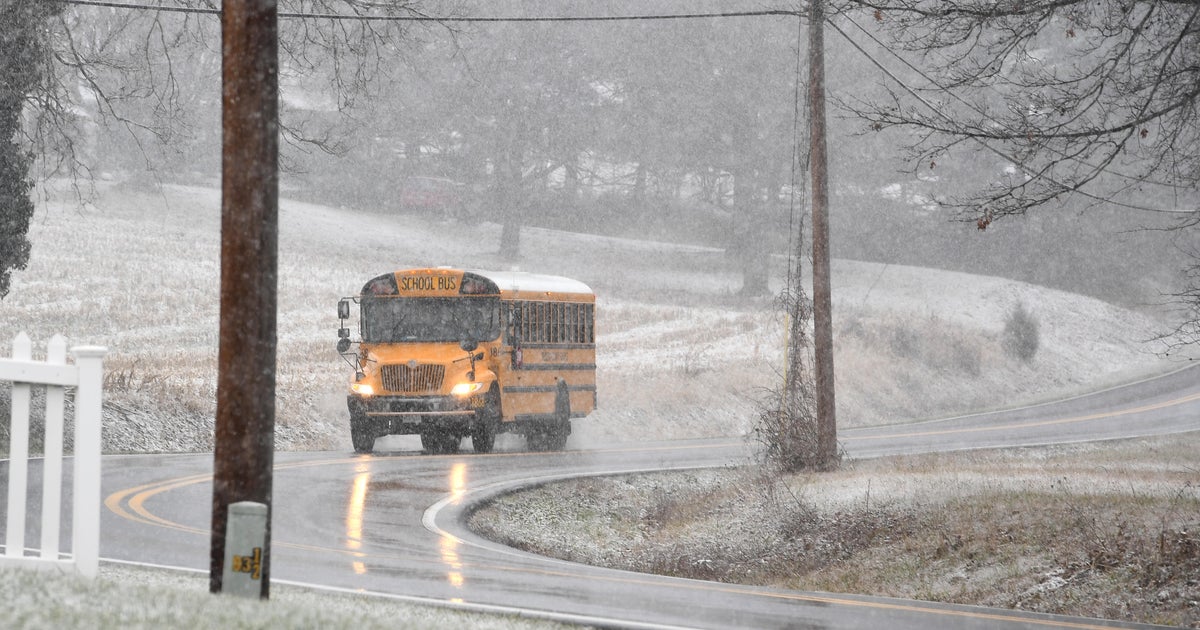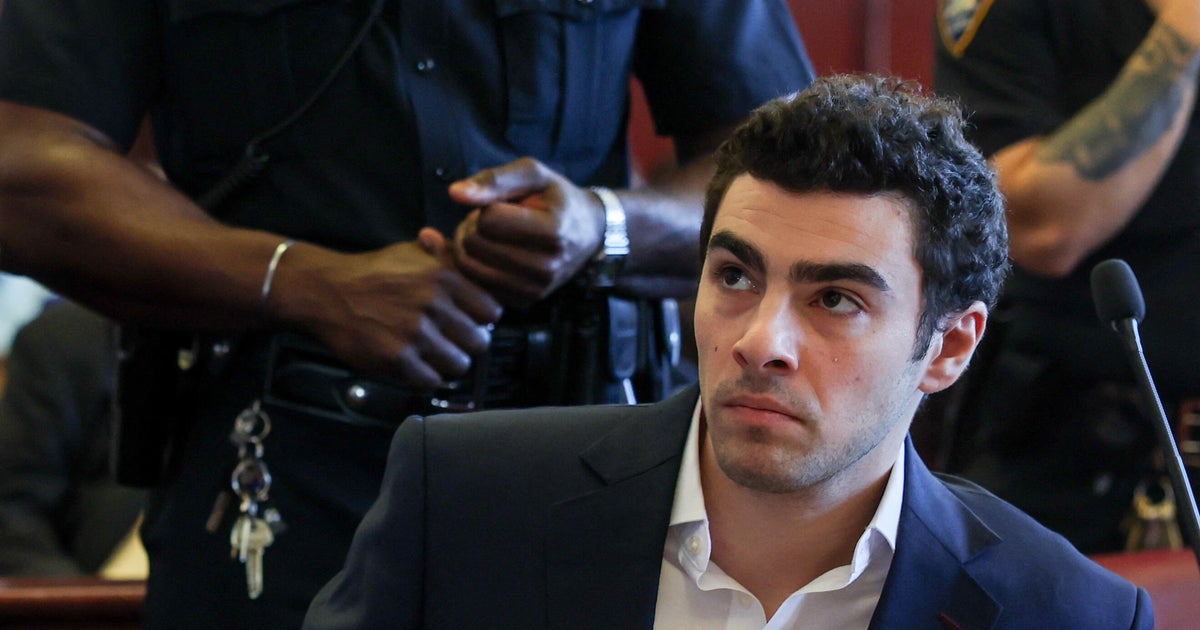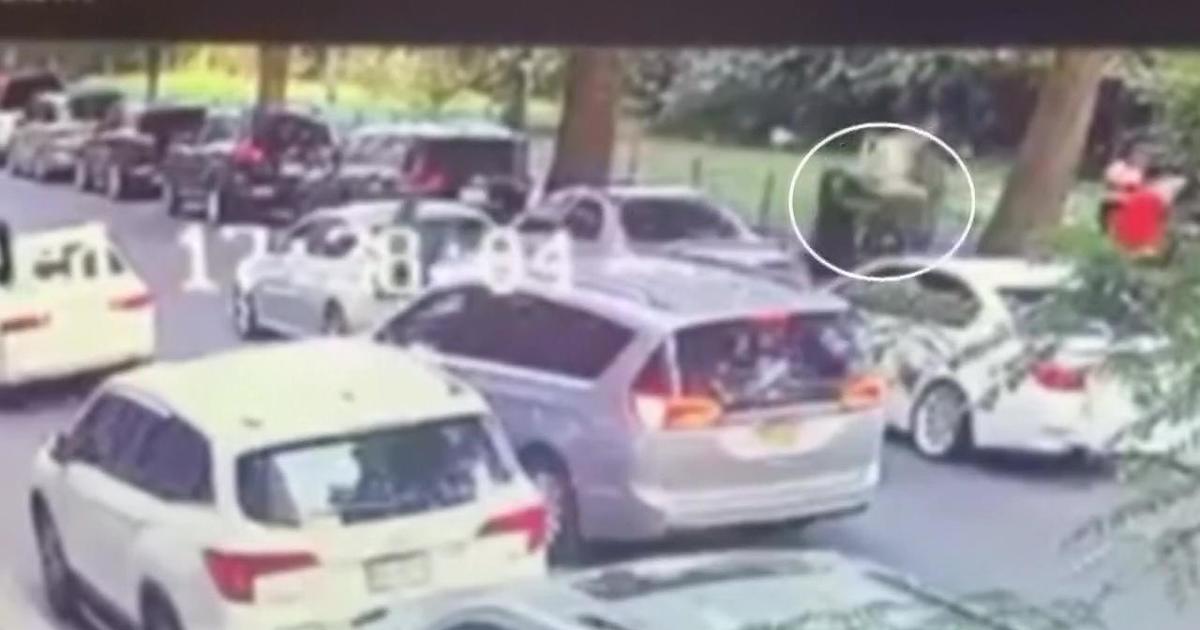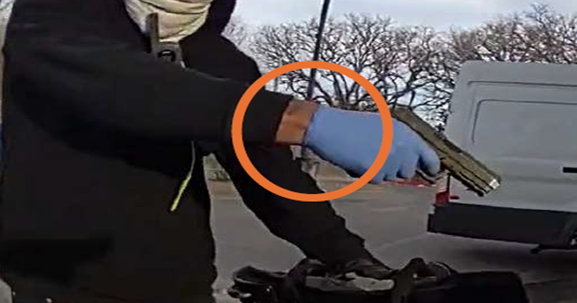WikiLeaks Trial: Pfc. Bradley Manning's Former Commander Testifies
FORT MEADE, Md. (AP) -- Pfc. Bradley Manning's former commander in Iraq says he was stunned and morale among his troops "took a hit" after they learned Manning was suspected of leaking classified documents.
"The last thing I anticipated was an internal security breach from one of our own," Col. David Miller said Friday as the fourth week of Manning's court-martial drew to a close.
"My read of my staff at that time was it was like a funeral-like atmosphere fell over that crowd," said Miller, commander of the brigade in which Manning served as an intelligence analyst in 2010 in Iraq. "That's the best way I would describe it -- they were angry, sad ... frustrated all at the same time."
Manning's fellow troops collectively felt the allegations were a blemish on the otherwise good work they'd done in the war zone, Miller said.
Miller was testifying at Fort Meade near Baltimore at Manning's trial on charges of aiding the enemy. Manning admits he leaked hundreds of thousands of documents to the anti-secrecy site WikiLeaks, but says he did it to expose wrongdoing and so Americans would better understand what was going on in the wars.
Earlier Friday, the military judge ruled prosecutors can introduce tweets suggesting Manning took his cues from WikiLeaks in disclosing classified information. But Col. Denise Lind also ruled that prosecutors had not authenticated another piece of evidence, a "most wanted" list that WikiLeaks purportedly posted in November 2009. She said prosecutors still can try to authenticate the list.
The list and tweets were offered as evidence that Manning aided the enemy by leaking documents he knew would be published online and seen by al-Qaida.
The 25-year-old soldier from Crescent, Okla., has admitted sending more than 700,000 Iraq and Afghanistan war logs and State Department diplomatic cables, along with several battlefield video clips, to WikiLeaks while working as an intelligence analyst in Baghdad in from November 2009 through May 2010.
He said in February that he leaked the war logs to document "the true costs of the wars in Iraq and Afghanistan," including the deaths of two Reuters news employees killed in a U.S. helicopter attack.
Manning said the diplomatic cables revealed secret pacts and duplicity that he thought should be exposed.
(Copyright 2013 by The Associated Press. All Rights Reserved.)







